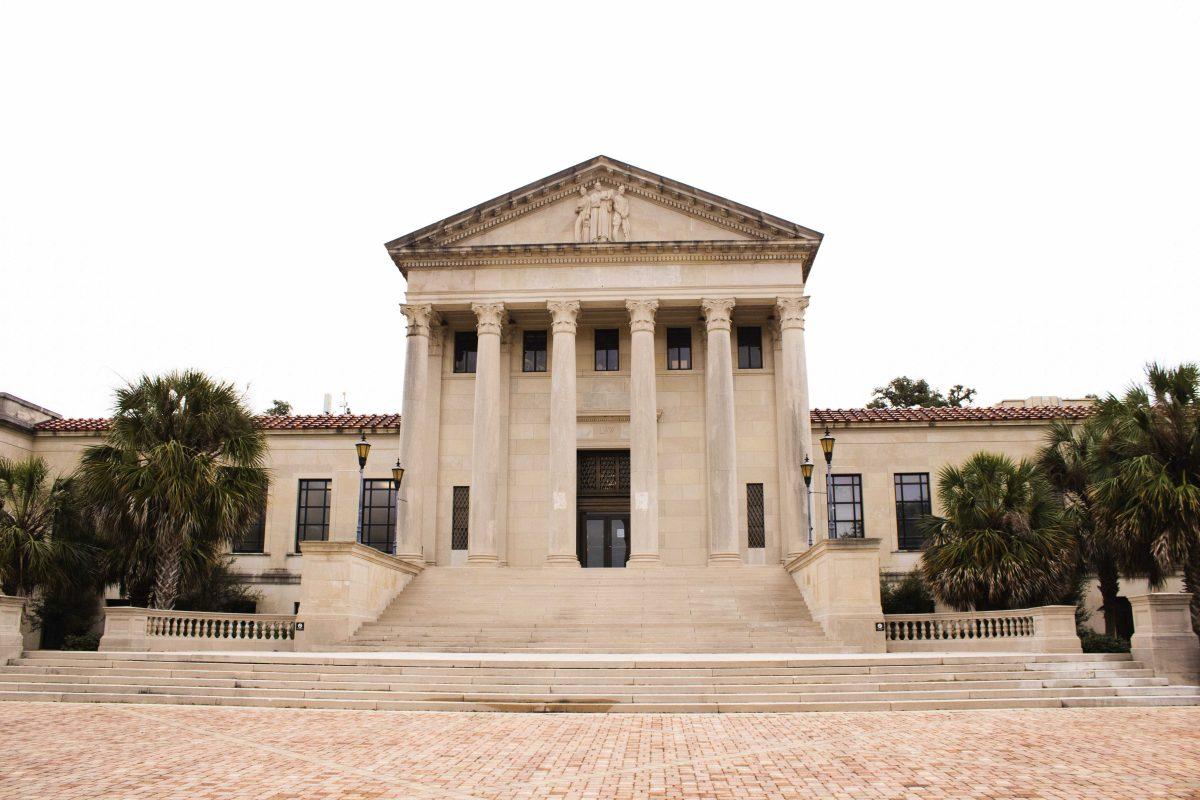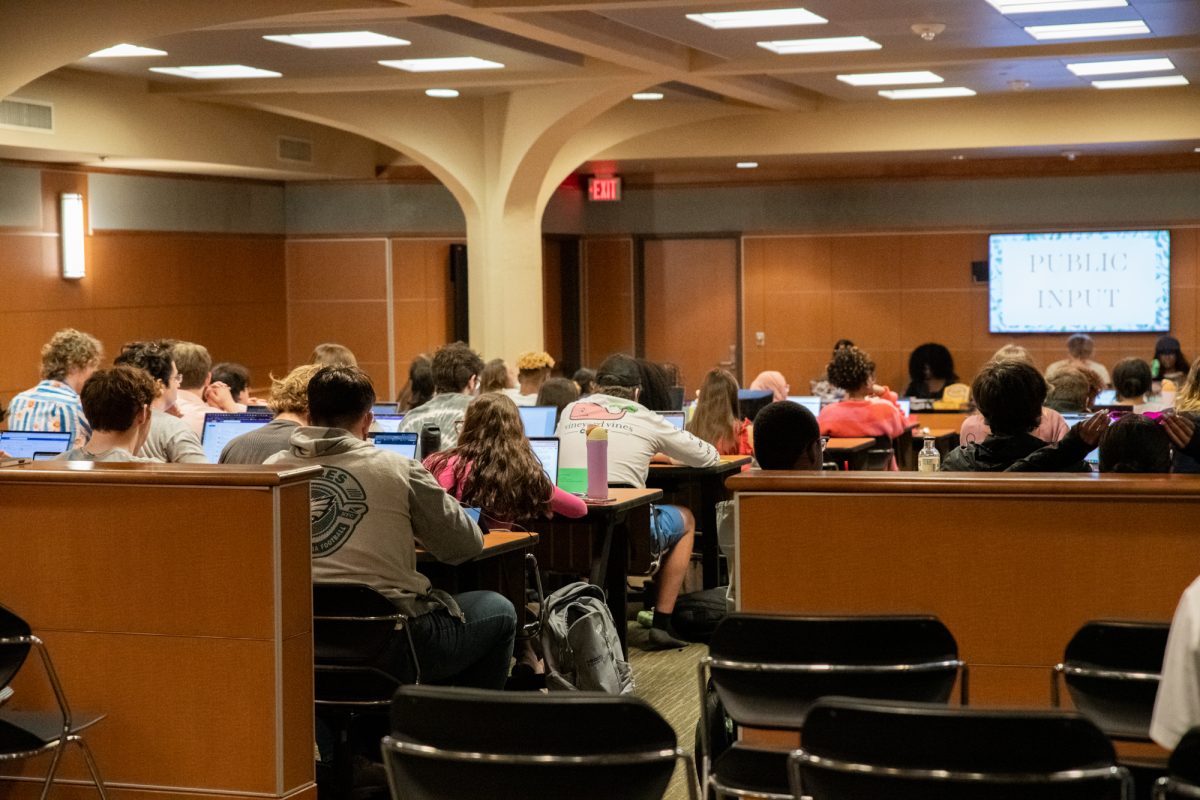Would you risk expulsion for medical attention?
Student Government made the case last Wednesday that the University should implement a new Emergency Response Policy for students — one it hopes will encourage students to seek necessary medical attention without hesitation or fear of punishment.
The Emergency Response Policy would give students an amnesty from University punishment if they are seeking emergency medical services.
The policy would give a student one amnesty and multiple amnesties to students calling for emergency services on behalf of other students.
Speaker of the Student Senate Meredith Westbrook, who is also the author of the legislation, said the policy would “encourage responsibility and safety when it comes to alcohol and illicit or controlled substances.”
Westbrook said the Emergency Response Policy would make it easier for students to seek medical or first responders’ attention without the fear of University sanctions.
Although SG approved this policy last week, the policy must be approved and added to the Student Code of Conduct, which must also be signed off by the University’s chancellor.
“If a student calls on behalf of another student who needs medical attention, that student would be eligible for amnesty under this policy,” Westbrook said. “This will prevent that student from being found guilty of violating the Student Code of Conduct.”
Although LSU does not have an amnesty policy set in place, many other universities do have similar policies.
“I wouldn’t say that we are behind,” Westbrook said. “This issue has been discussed for a couple years among Student Government members, but this is something I am really passionate about and I am determined to have this policy implemented before I graduate in May.”
Westbrook said the policy does not change the ramifications of breaking local, state or federal laws if students are caught by law enforcement.
“I never want students to feel that they can’t call for help because they are scared of University repercussions,” Westbrook said. “That’s what my policy is intended to do.”
Hannah DeFelice, mass communication senior, said the Emergency Response Amnesty is a good idea.
“I think the idea of amnesty is great,” DeFelice said. “I would never want to be in a situation where my friends or I would have to hesitate to call for emergency medical attention.”
Westbrook said there is no amnesty policy in writing, which means charges must be filed against a student to evaluate the student’s situation. That’s something Westbrook said she does not want on a student’s record.
Westbrook said these incidents also happen too often at the University.
“I know this happens on a fairly regular basis,” Westbrook said. “I know students who have sat and debated whether to seek help for somebody.”
However, Grace Reinke, a political science and English sophomore and residential assistant, said she doesn’t see the need for such a policy.
“In my experience as an RA, I really don’t see too many students coming in drunk,” she said. “In my opinion, I think the issue is being a little bit over-exaggerated.”
Originally, this legislation applied only to alcohol-related incidents. However, Westbrook said there was also a need to include illicit and controlled substances in this legislation.
Westbrook said she was unaware of how prominent drug-related incidents were until Student Advocacy and Accountability members brought it to her attention, which is why illicit and controlled substances were added to the policy.
Westbrook stressed that the policy isn’t meant to encourage irresponsible behavior.
“If, for some reason, you find yourself in a terrible position and you are too far gone, the result of being granted amnesty would be that you have to take educational courses related to your specific incident,” Westbrook said.
“I never want students to feel that they can‘t call for help because they are
scared of University repercussions. “That’s what my policy is intended to do.”
“A few months ago a student died from drinking too much, and a few weeks ago a student died from a drug overdose. These things happen because students don’t call for help.”







